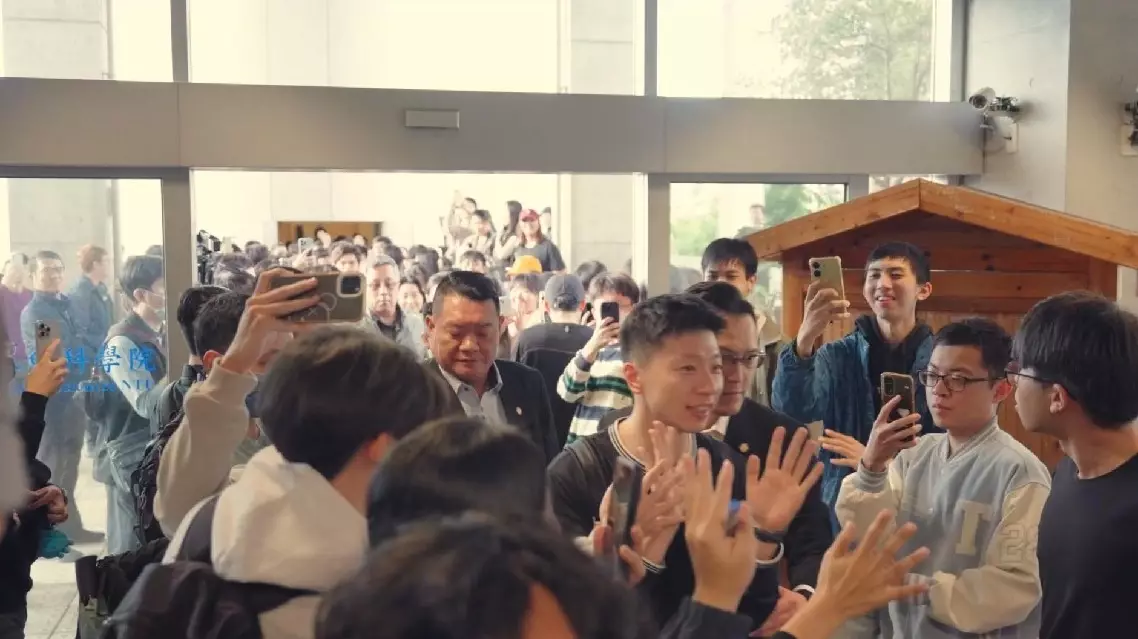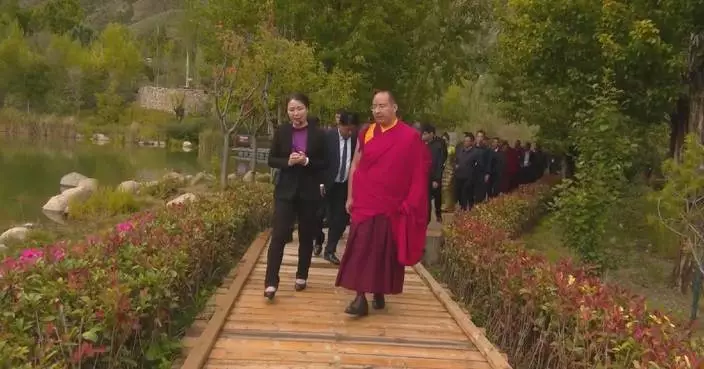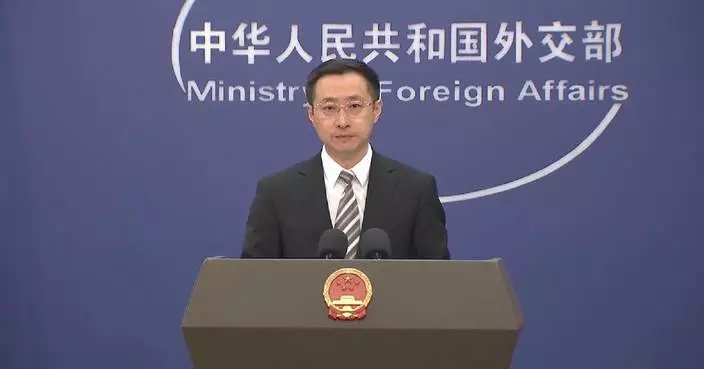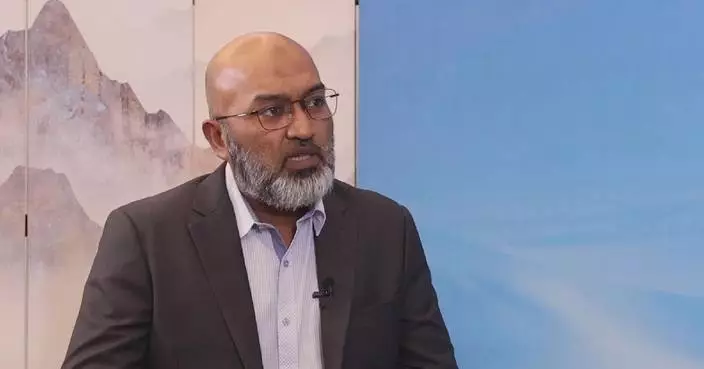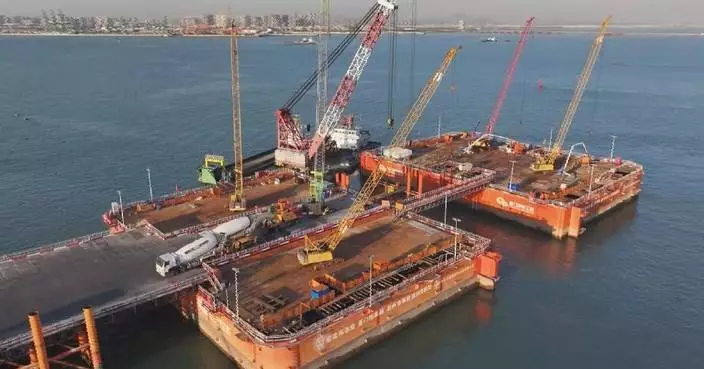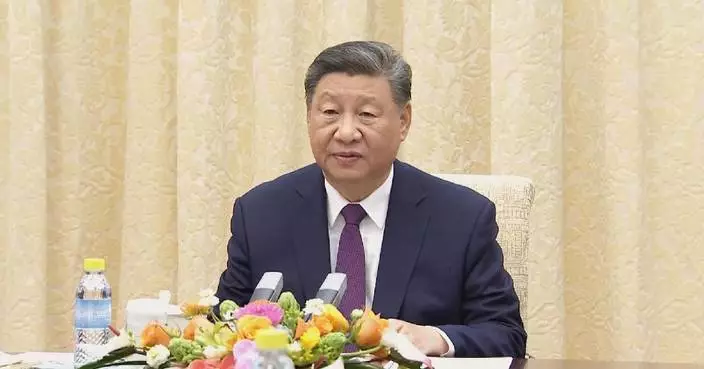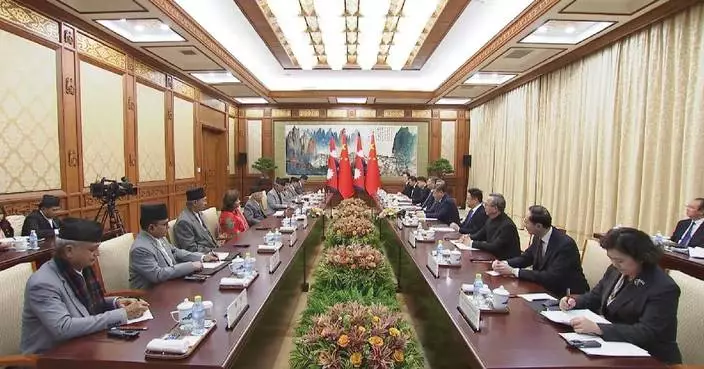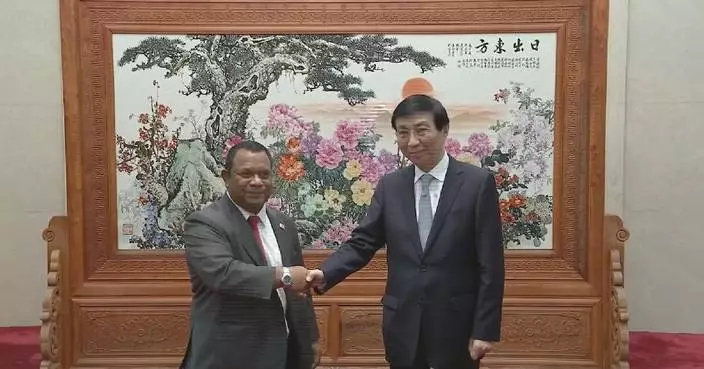International leaders and analysts expressed strong support for Chinese President Xi Jinping's recent speeches at the 19th G20 summit, highlighting his proposals for enhancing global development and governance.
At Session I of the 19th G20 Summit on Fight Against Hunger and Poverty held in Rio de Janeiro on Monday, Xi said that China is ready to work with all parties to build a just world of common development, and outlined China's eight actions for global development.
Canadian economist Mark Kruger noted that the eight actions, such as providing zero-tariff treatment for products from least developed countries that have diplomatic relations with China and supporting the G20 in promoting cooperation to benefit the Global South, are pivotal for addressing global poverty and combating climate change, which are among the top priorities of the G20.
"I think it's very good that President Xi has come up with these eight actions, because they can enable China to position itself as a country who is interested in rules-based trade and investment, sustainable development and international cooperation. All climate change and the poverty reduction practical steps that President Xi has taken among his eight actions can do a lot to help global poverty. In Peru, we now see this opening of the port of Chancay. And the Peruvian officials say that this port, which was part of the Belt and Road Initiative and which was created with Chinese investment, will turn Peru into the Singapore of south America. China is supporting the G20 road map to increase investment in clean energy in developing countries. And the investment that China has made in wind power and solar power have drastically reduced the cost of these technologies, making them competitive now with fossil fuels and making it much easier for developing countries to embrace these technologies," he said.
In his speech, Xi stressed the importance of increased resources in trade, investment and development cooperation, and the strengthening of development institutions. He called for more bridges of cooperation, and less "small yard, high fence" to improve living standards and modernization in developing countries.
Gustavo Girado, director of the Center for Sino-Latin American Research Studies in Argentina, expressed his admiration for Xi's metaphor.
"In my view, President Xi's speech has pointed out the direction the world should strive for from now on. Therefore, developing economies should recognize that China has become their advocate in global affairs. Xi's repeated use of the metaphor 'small yard, high fence' illustrates the difficulties these fences pose for the progress of developing economies. Through this metaphor, President Xi calls for solidarity among developing economies to find win-win cooperation mechanisms, to seek a common backing to gain greater political power in negotiations, to speak with a common voice in front of the developed economies, and overcome the 'high fences' that impede our progress," Giraldo said.
At Session II of the 19th G20 Summit on Monday, Xi called for building a world economy characterized by cooperation, stability, openness, innovation, and eco-friendliness, which is believed to show China's strong will to help foster a fair and reasonable global governance system.
"Xi's remarks reflect China's commitment to building a world economy characterized by cooperation and openness. This statement is positive and proactive. We live in a globalized world where all countries are interdependent and build bridges based on consensus. The speech covers many important aspects, including economic, financial, trade, and ecological issues, with a call to promote international consensus. Today, China holds global influence and has reached strategic cooperation with many countries in various fields," said Anderson Pedroso, president of the Pontifical Catholic University of Rio de Janeiro.
Saudi political commentator Khalid noted that Xi's address articulated China's vision, particularly regarding global financial governance reform. He stressed the need for increased representation of developing countries in international organizations like the World Bank and the International Monetary Fund (IMF).
"There are many developing countries, as well as developed ones. Developed nations need to pay more attention to helping developing countries, which in turn need to enhance their voice in international organizations. The World Bank, IMF, and all other international organizations should provide services fairly and without discrimination to all nations and their people. However, we currently see significant disparities between the Global South and North, with existing international systems exacerbating this divide," Khalid said.
Vitaly Mankevich, president of the Russian-Asian Union of Industrialists and Entrepreneurs, asserted that under Xi's proposed concepts and initiatives, China will continue to play a leading role in global development, driving the shared progress of partner countries.
"We believe that China will continue to be the locomotive of the global economy. President Xi's Belt and Road Initiative is based on global developmental considerations, aiming to cooperate on infrastructure projects with neighboring and partner countries and to develop tariff-free trade with developing nations, especially in trade with African countries. This illustrates that every partner can benefit from cooperation with China and gain access to the Chinese market. The most important concept in Xi's vision of a community with a shared future for mankind is the people. People will drive global development and facilitate the achievement of new goals. In this process, China is the focal point of the world," Mankevich said.
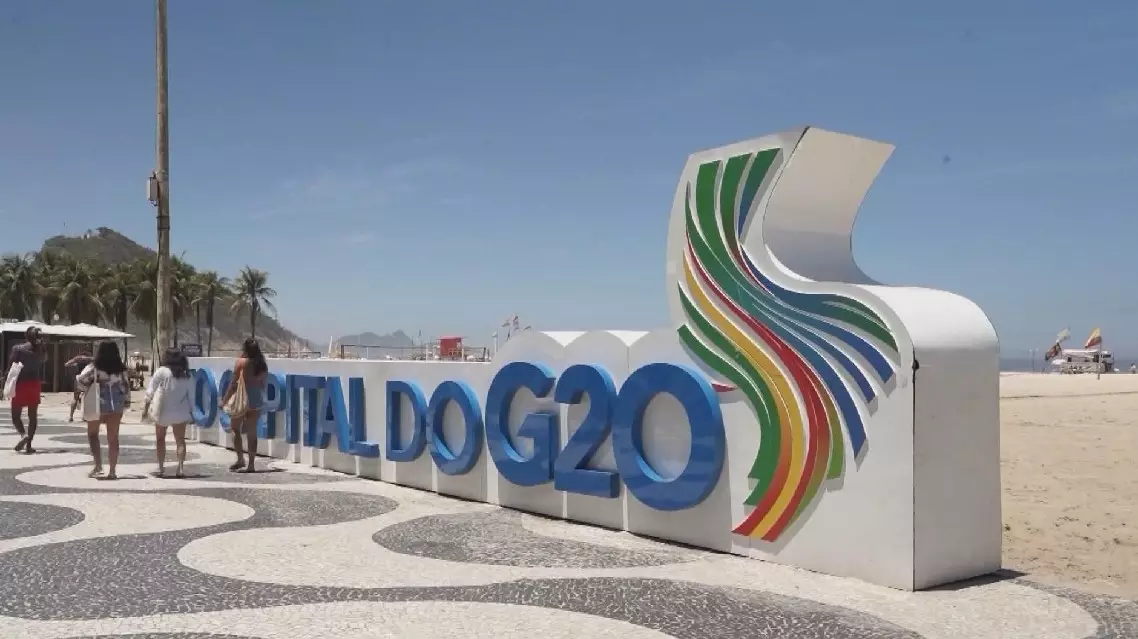
Global observers praise Xi Jinping's G20 speech on global development
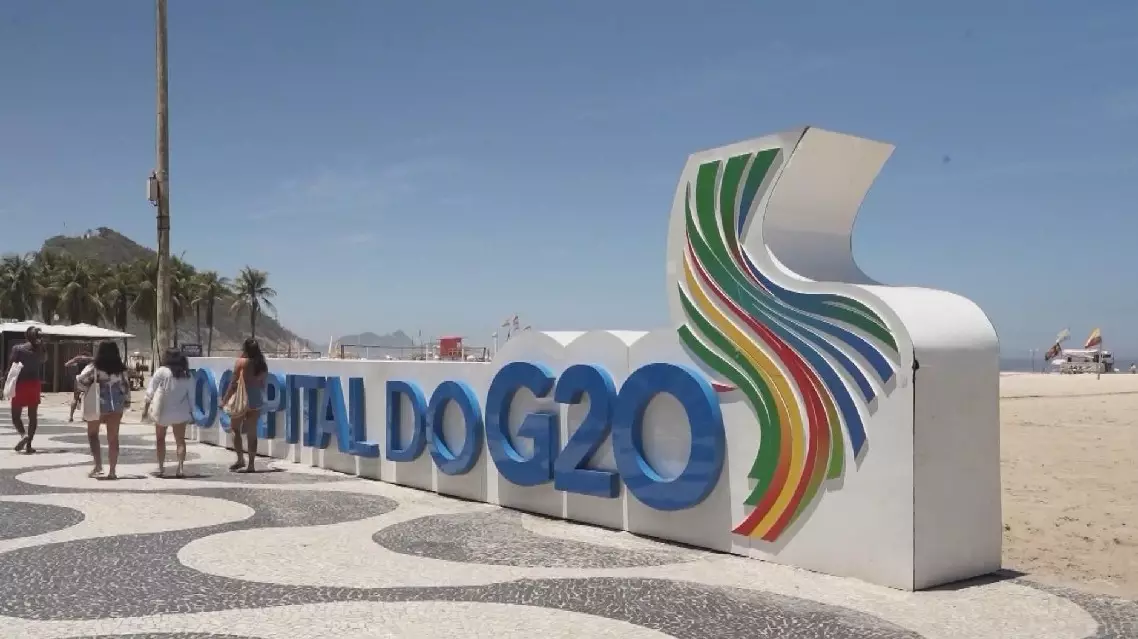
Global observers praise Xi Jinping's G20 speech on global development
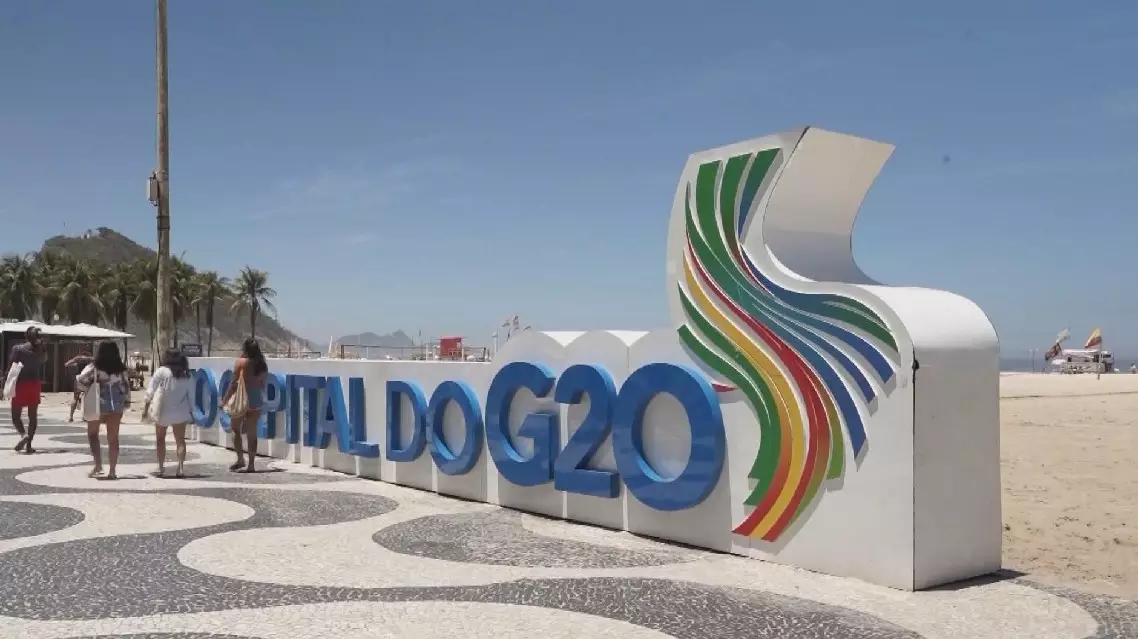
Global observers praise Xi Jinping's G20 speech on global development


